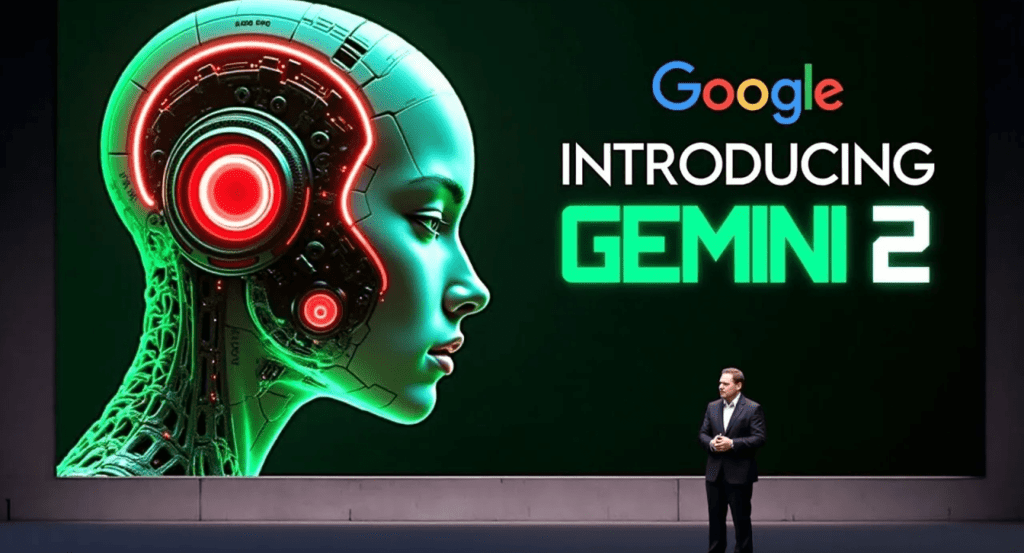In a significant advancement in artificial intelligence, Google has introduced its latest AI model, Gemini 2.0. This new model is designed to enhance various applications across Google’s ecosystem, offering improved performance and capabilities.
Gemini 2.0 is an evolution of Google’s AI efforts, building upon previous iterations to provide more advanced features. The model is now integrated into the Gemini app, delivering faster responses and improved performance for users. This integration aims to assist users with tasks such as brainstorming, learning, and writing, making the app more versatile and user-friendly.
One of the notable features of Gemini 2.0 is its multimodal capabilities, allowing it to generate both audio and images. This enhancement enables the AI to interpret and produce various forms of content, broadening its applicability in different contexts. Additionally, the model exhibits advanced reasoning skills, which improve its ability to understand and process complex information.
In the realm of data analysis, Gemini 2.0 introduces a feature that can automatically convert spreadsheet data into charts. By identifying trends and generating static charts, the AI assists users in visualizing data more effectively. This function is particularly useful for those looking to gain insights from large datasets without manual chart creation.
The rollout of Gemini 2.0 has had a positive impact on Alphabet’s financial standing. Following the announcement, Alphabet’s stock reached a record high, closing at $195.40, which marks a 5.6% increase. This surge reflects investor confidence in the company’s direction and its advancements in AI technology.
Google’s commitment to advancing AI is further demonstrated through projects like “Project Astra” and “Project Mariner.” These initiatives aim to integrate AI more deeply into Google’s services, enhancing user experiences and expanding the capabilities of the company’s offerings.





















